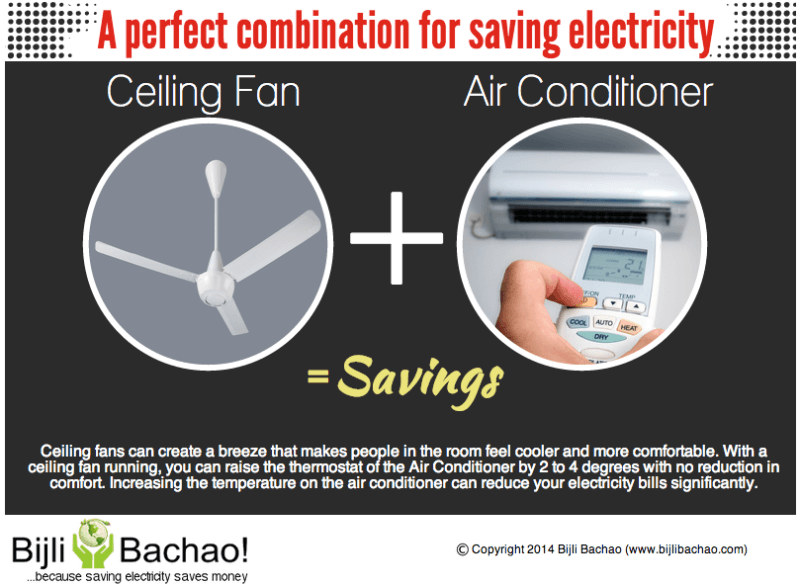The Future Of Home Heating - Just How Heatpump Innovation Is Developing
The Future Of Home Heating - Just How Heatpump Innovation Is Developing
Blog Article
Author-Fraser Ringgaard
Heat pumps will be an important modern technology for decarbonising home heating. In a situation regular with federal governments' announced power and climate commitments, their international capacity increases by 2030, while their share in heating rises to one-quarter.
They function best in well-insulated homes and depend on power, which can be supplied from a sustainable power grid. Technological breakthroughs are making them much more reliable, smarter and cheaper.
Fuel Cells
Heat pumps utilize a compressor, refrigerant, coils and followers to relocate the air and warmth in homes and home appliances. They can be powered by solar power or power from the grid. They have been gaining popularity due to their low cost, peaceful procedure and the capability to produce electrical power during peak power need.
Some business, like IdaTech and BG MicroGen, are working with fuel cells for home heating. These microgenerators can change a gas central heating boiler and create a few of a house's electric demands with a connection to the electrical power grid for the remainder.
But there are reasons to be cynical of using hydrogen for home heating, Rosenow claims. It would certainly be costly and ineffective contrasted to other technologies, and it would contribute to carbon emissions.
Smart and Connected Technologies
Smart home modern technology permits homeowners to link and manage their gadgets remotely with the use of smart device apps. As an example, clever thermostats can discover your home heating preferences and instantly adjust to enhance power consumption. Smart illumination systems can be controlled with voice commands and automatically switch off lights when you leave the room, reducing power waste. And clever plugs can keep an eye on and handle your electric usage, allowing you to recognize and restrict energy-hungry home appliances.
The tech-savvy family portrayed in Carina's interview is a great picture of just how residents reconfigure space heating methods in the light of brand-new clever home technologies. They rely upon the gadgets' computerized attributes to accomplish everyday modifications and concern them as a practical ways of conducting their heating methods. Because of simply click the following article , they see no reason to adapt their methods even more in order to make it possible for flexibility in their home power demand, and interventions targeting at doing so might deal with resistance from these households.
Electrical power
Because heating homes represent 13% people discharges, a switch to cleaner choices could make a huge distinction. Yet the technology encounters difficulties: It's expensive and needs considerable home restorations. And it's not constantly compatible with renewable energy resources, such as solar and wind.
Till recently, electrical heatpump were too costly to compete with gas designs in the majority of markets. However new developments in design and products are making them more affordable. And better cool climate performance is enabling them to operate well also in subzero temperature levels.
The next action in decarbonising heating may be using warmth networks, which draw heat from a central source, such as a nearby river or sea inlet, and distribute it to a network of homes or structures. That would certainly decrease carbon exhausts and allow homes to make use of renewable resource, such as environment-friendly power from a grid provided by renewables. This option would certainly be much less expensive than switching over to hydrogen, a fossil fuel that calls for brand-new facilities and would just reduce CO2 emissions by 5 percent if paired with improved home insulation.
Renewable resource
As electrical power prices drop, we're starting to see the very same fad in home heating that has driven electrical vehicles right into the mainstream-- yet at an even faster rate. The solid climate situation for impressive homes has actually been pressed additionally by new research.
Renewables account for a substantial share of contemporary heat intake, however have been provided restricted plan interest worldwide contrasted to other end-use industries-- and even less focus than power has. Partly, this mirrors a mix of consumer inertia, divided motivations and, in numerous countries, subsidies for nonrenewable fuel sources.
New modern technologies could make the shift less complicated. For instance, heat pumps can be made much more power efficient by changing old R-22 refrigerants with brand-new ones that don't have the high GWPs of their precursors. Some specialists also envision district systems that attract warmth from a nearby river or sea inlet, like a Norwegian fjord. The cozy water can then be made use of for heating and cooling in a neighborhood.